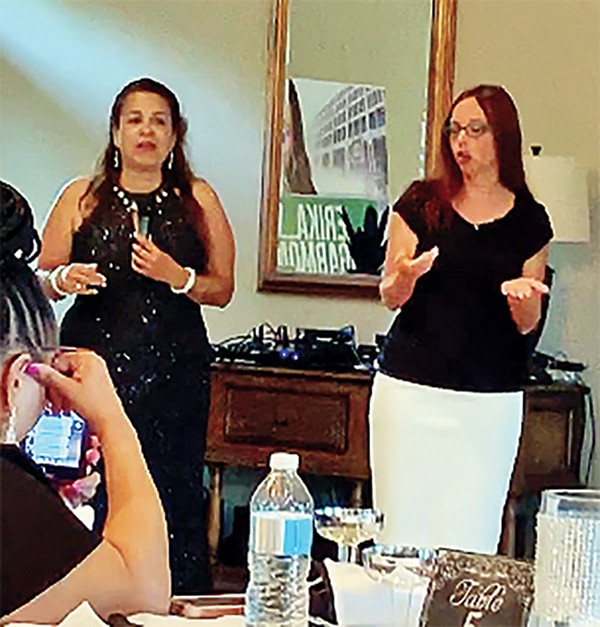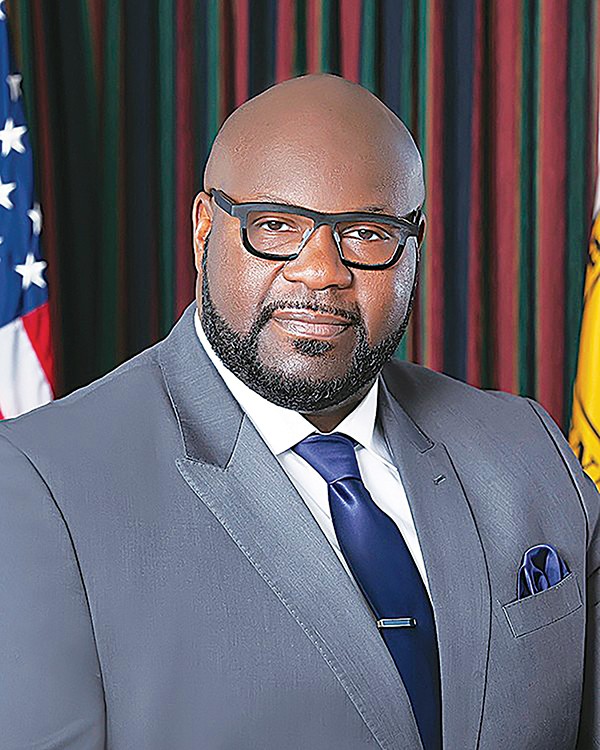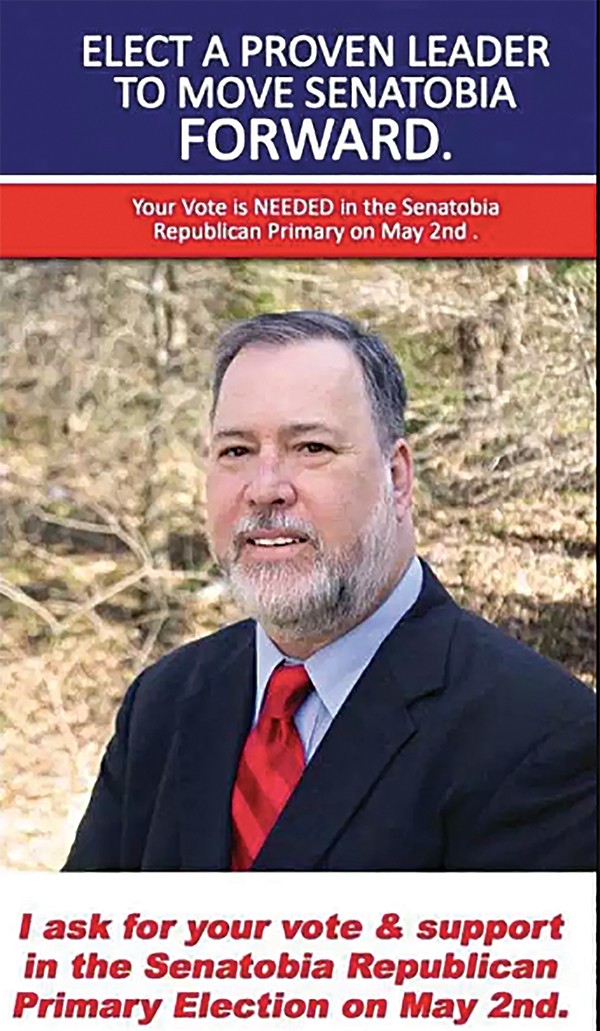Editor’s note: After receiving numerous complaints from readers for displaying a photo of Wednesday night’s assailant in this space, we have decided that its news value as an identifier of a dangerous person at-large is no longer applicable, so we’ve removed the picture.
Here is Memphis Mayor Jim Strickland’s statement in full:
“I want to first, express my deepest sympathy and condolences to the victims and their families who are suffering from this senseless murder rampage. I’m angry for them, and I’m angry that our citizens had to shelter in place for their own safety until the suspect was caught. This is no way for us to live and it is not acceptable.
The people of our city were confronted with the type of violence no one should have to face. Ezekiel Kelly was charged with criminal attempted first degree murder but pled guilty in April of 2021 to the lesser charge of aggravated assault. He was sentenced to three years, but only served 11 months and was released on March 16th, 2022 — less than six months ago.
These evil actions show why truth in sentencing is a must, and we should do all we can to make our city safe. We should not be terrorized by anyone who wants to strike fear in our hearts and take away what we love about Memphis. We must unite around this principle and stand up to the challenge of violent crime in our city.
If Mr. Kelly served his full three-year sentence, he would still be in prison today and four of our fellow citizens would still be alive.
Thank you state legislature, led by [state House Speaker Rep. Cameron Sexton, R-Crossville) and [Lieutenant Governor Randy McNally, R-Oak Ridge), for passing truth in sentencing. From now on, three years for aggravated assault means three years.
Our judicial system is too often a revolving door. A citizen emailed me today — ‘until/unless there are real consequences for criminal behavior, it will continue.’
I agree 100 percent. We need the courts and additional state laws to stop this revolving door and I need the public to make their voices heard by those decision makers.
I want to thank the men and women of our Memphis Police Department, and all the supporting law enforcement agencies who supported in capturing the suspect tonight, and aided in the search for Liza Fletcher earlier this week.
This has been a painful week in our city, but I have hope for Memphis, I have love for Memphis, I know that united …..we will endure.”

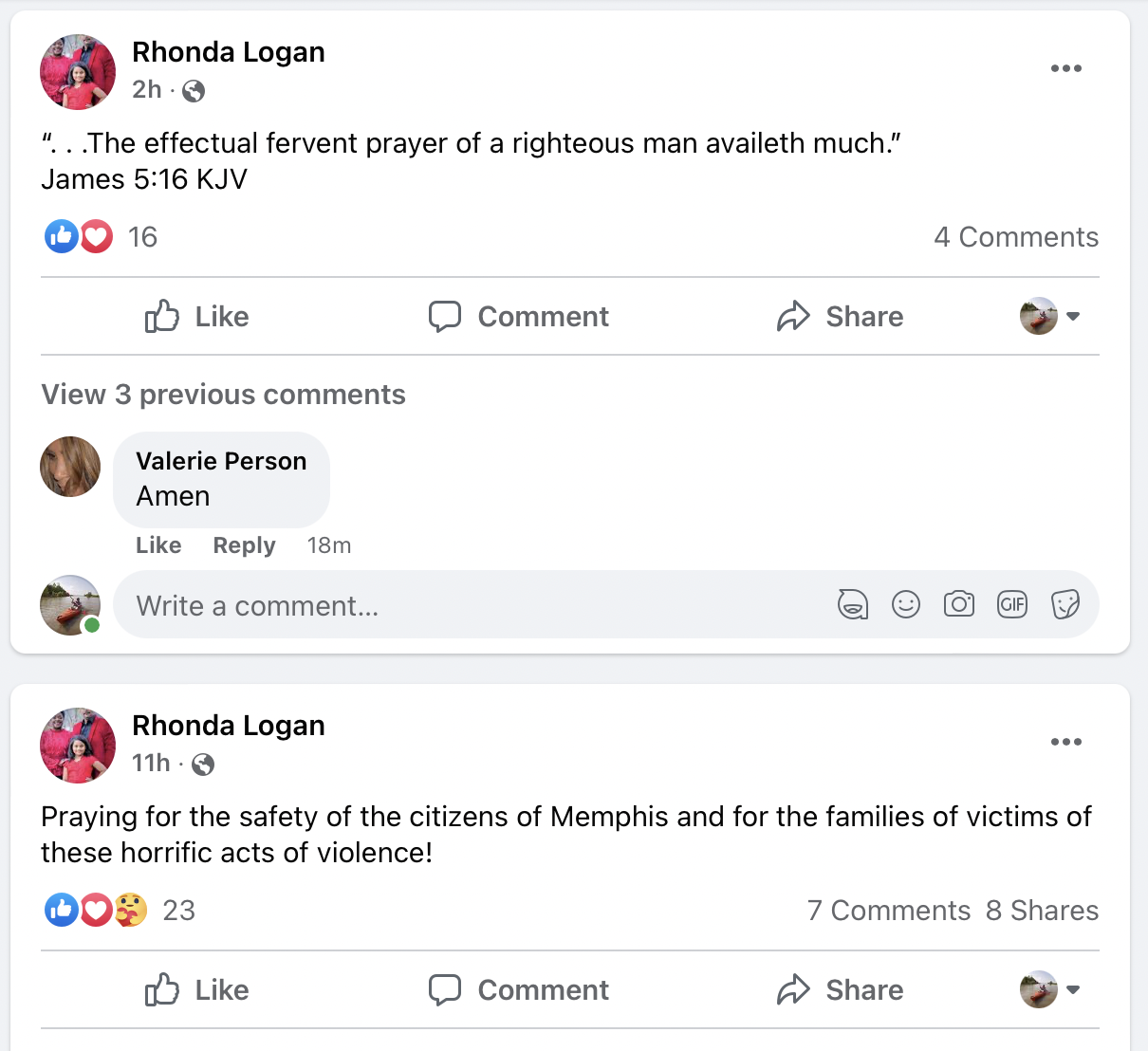
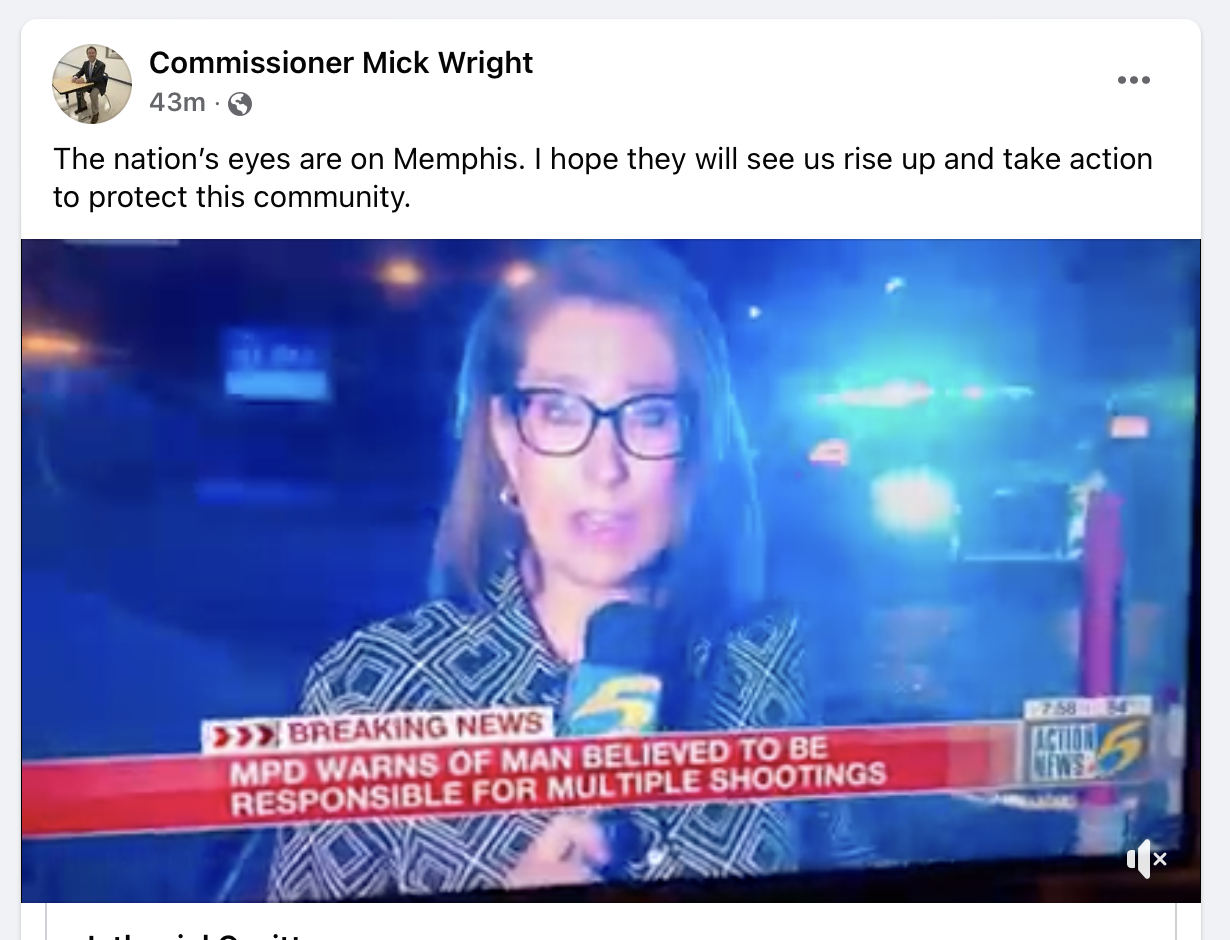

State House Minority Leader Rep. Karen Camper (D-Memphis):
“Our city is hurting. My heart goes out to the families of those killed and injured tonight. It was an unspeakable horror and it occurred just days after our city was devastated by another tragedy: the terrible murder of elementary school teacher Eliza Fletcher.
“It’s been a sad few months for Memphis. There is a long road ahead and much work ahead for us to do in order to begin to heal our city and we will have those policy discussions. But now we have to lock arms and pray for all of the victims of this week and the past few months and not let these tragic circumstances tear our hearts away from the city we all love.”
Greater Memphis Chamber President and CEO Beverly Robertson:
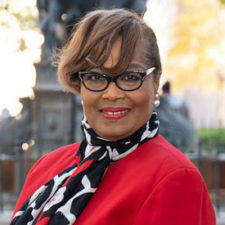
“The Greater Memphis Chamber and our entire business community are deeply saddened by the tragic events our city has lived through in recent days. We extend our condolences to the families and friends of those lost to these senseless acts of inhumanity.
“The Chamber remains committed to working with our business leaders, elected officials, and residents to thoughtfully identify real solutions that lead to real results. I have already reached out to the mayor and police chief of Memphis to ensure the business community will be at the table as we move forward.
“We all must play a role in driving positive change in our community, and this journey is just starting. Working together, we will make a difference.”
State Rep. London Lamar:

“The book of Psalms says ‘I rise before dawn and cry for help; I hope in your words.’
This morning, our families in Memphis are crying out for accountability and justice. We are hoping that, together, we can summon the courage to take real action against gun violence.
No community should have to live with the trauma of mass shootings and terrorism. But this isn’t the first senseless tragedy and it won’t be the last if we are unwilling to turn our prayers into action.
I have consistently fought for evidence-based reforms that prevent violent crime. We will continue our work to expand access to mental healthcare. And our mission to end generational poverty never ceases.
But our work is being crippled by policies that make it easier for dangerous people to access deadly weapons. I am a gun owner, but I understand the right to carry must come with meaningful rules and responsibilities.
Again, I am asking anyone at the Capitol who will listen: Please acknowledge the deadly consequences of guns falling into the wrong hands and work with me to end gun violence against our families.”
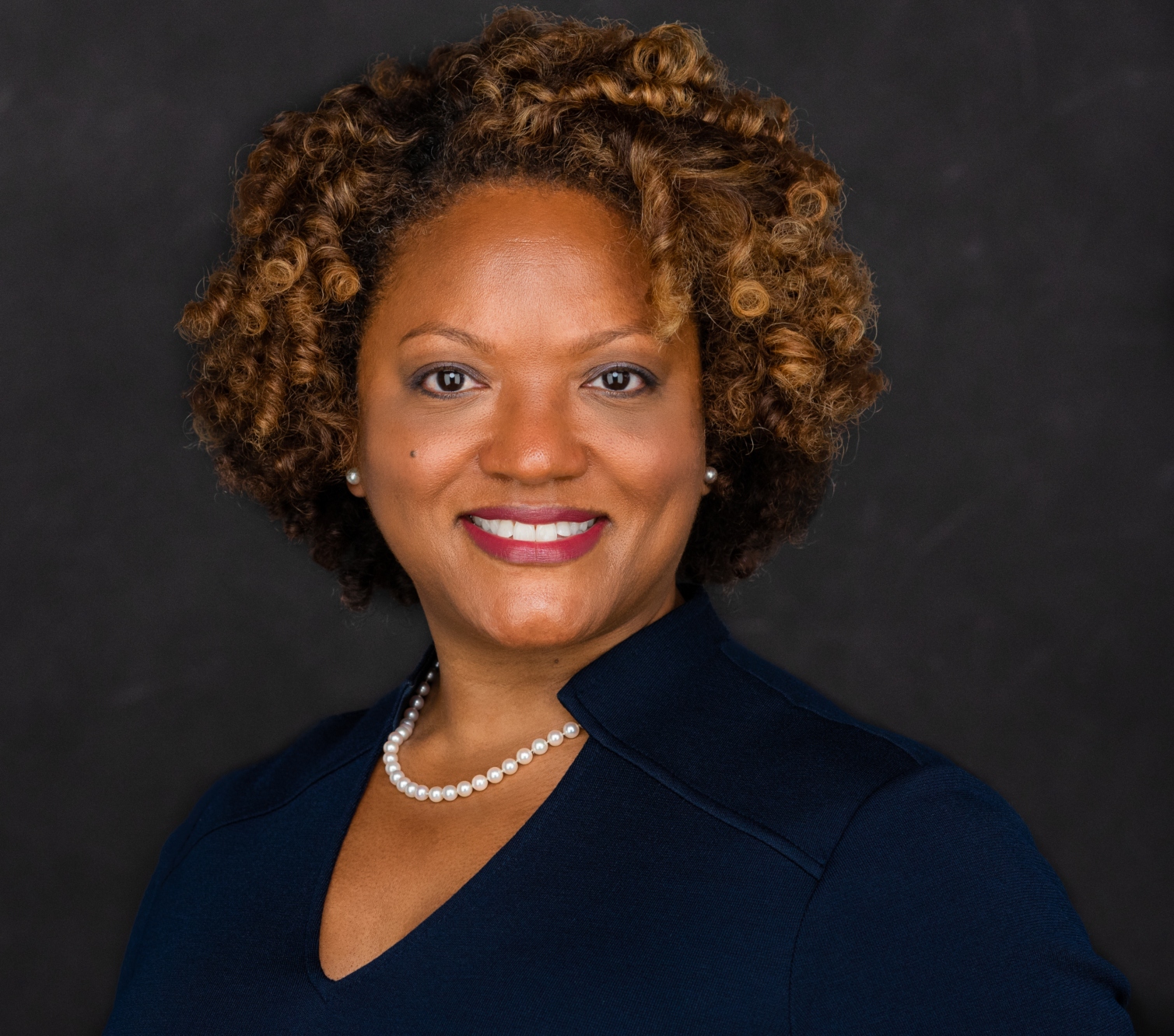
Shelby County Health Department Director Dr. Michelle Taylor:
“The shootings last night in Memphis that left four people dead and three injured, and the kidnapping and death of Eliza Fletcher are a wake-up call for our community.
Shelby County Health Department (SCHD) extends its deepest sympathies to all the victims, their friends and families, and everyone in our community impacted by this past week’s violent events. We also thank the many law enforcement personnel and first responders who risk their lives every day to bring an end to violent crime in our community and make Memphis a “place of good abode,” as it was called when it was founded.
The principles of public health practice are well suited to implement a violence prevention framework that addresses the root causes of violent crime. The key to addressing the endless cycle of shootings and imprisonment in our community is to heal the generational trauma that makes violence appear to be the only option. Adverse childhood experiences and adverse community experiences have increased over time, due to the structural and institutional failures to address the issues leading to inequality and conflict in our community.
Shelby County Health Department is committed to expanding access to behavioral health resources for everyone throughout their lifespan as a first step to addressing the generational traumas that can lead to community violence. SCHD provides a wide range of prevention and screening services. We are expanding our reach by convening behavioral health resources and acting on our analysis of gun violence as a public health crisis in our community. As a part of that work, SCHD has begun a Cure Violence Global pilot program using a local subcontractor (Heal 901) to replicate Cure Violence’s data-driven, evidence-based approach to crime prevention here in Shelby County.
Please join the Shelby County Health Department in our meaningful and collaborative action to bring an end to the senseless violence that harms everyone in our community. To learn more about how to get involved, please visit our website: shelbytnhealth.com.”

U.S. Rep. Steve Cohen (D-Memphis):
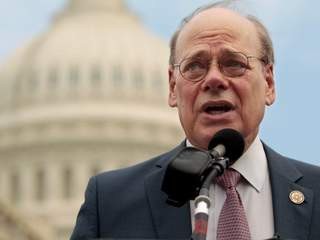
“What has been happening in my hometown is harrowing and disturbing. I have been concerned for some time about the crime situation and have spoken with the relevant public officials about addressing the issue.
I have suggested convening a summit with the two mayors, the District Attorney General, the Police Director, the Shelby County Sheriff, the school board president, and the juvenile court judge. We need a comprehensive approach involving the schools and the juvenile justice system to help reverse these disturbing trends.
“Today I wrote to Attorney General Merrick Garland to explain the situation in Memphis, noting the high-profile killings in recent days and weeks, and asking him to look favorably on discretionary grants from the Edward Byrne Memorial Grants Assistance and COPS programs and to provide any and all other assistance available from the Department of Justice. I also asked to speak with him at his earliest convenience.”
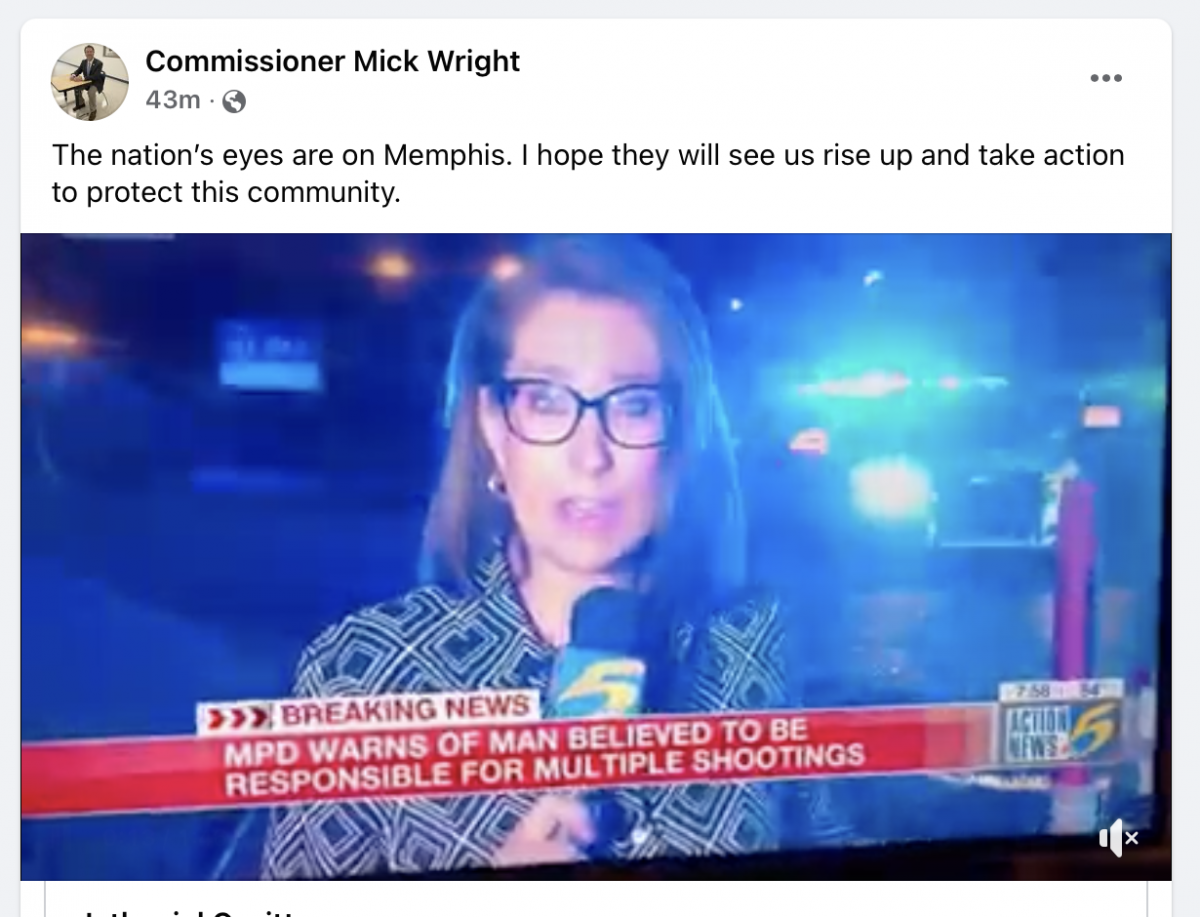
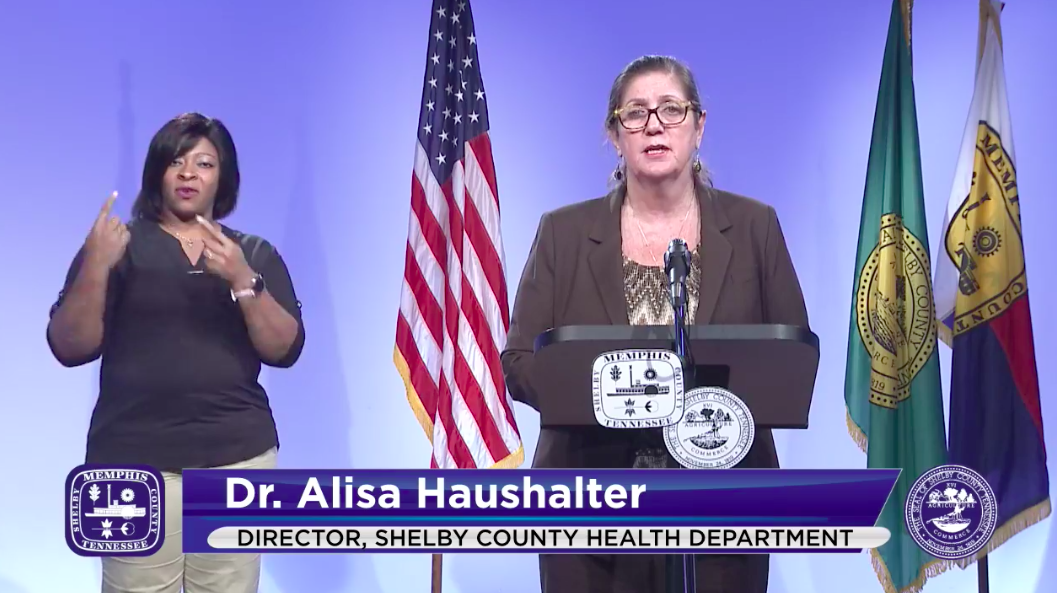 City of Memphis/Facebook
City of Memphis/Facebook  CDC
CDC 
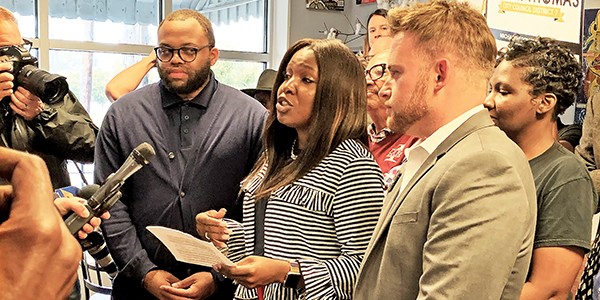 Jackson Baker
Jackson Baker 
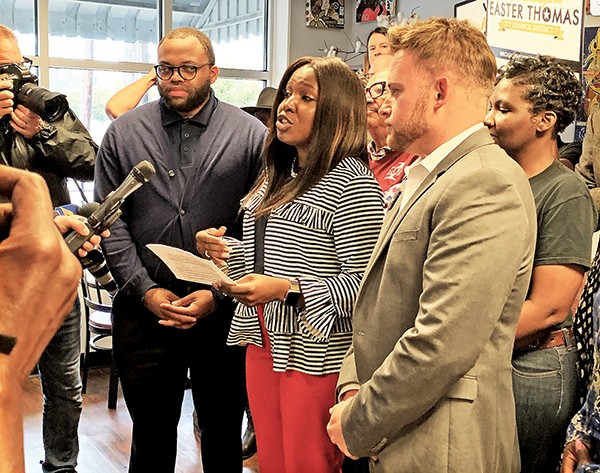 Photographs by Jackson Baker
Photographs by Jackson Baker 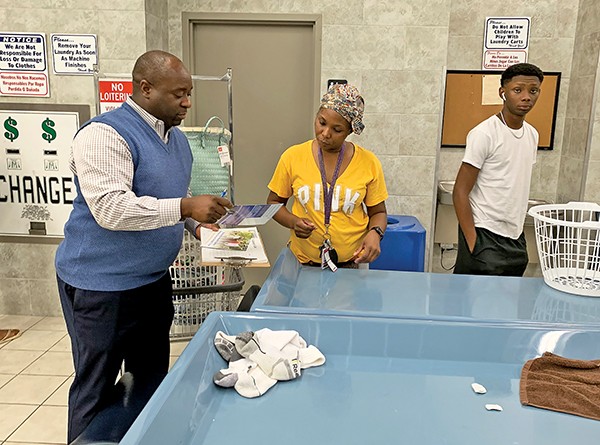
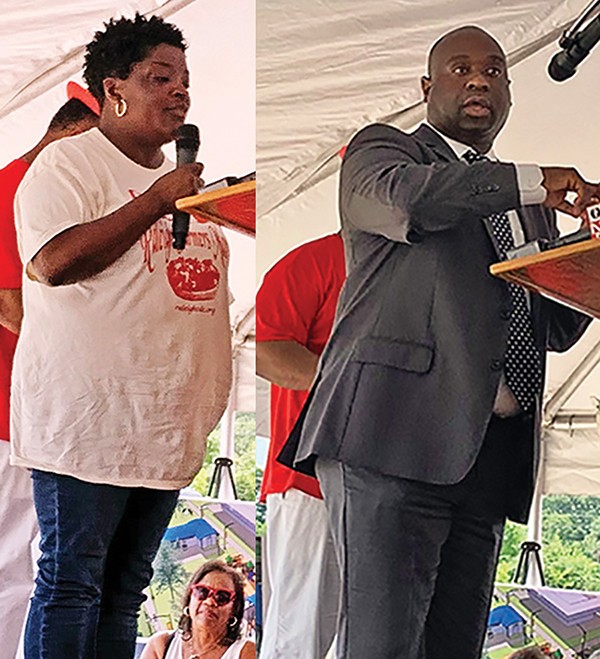 Photographs by Jackson Baker
Photographs by Jackson Baker 